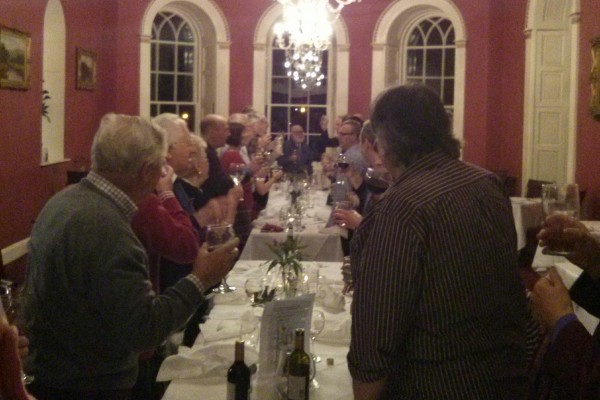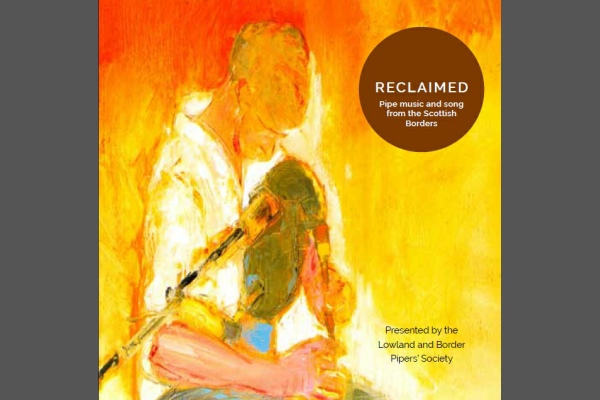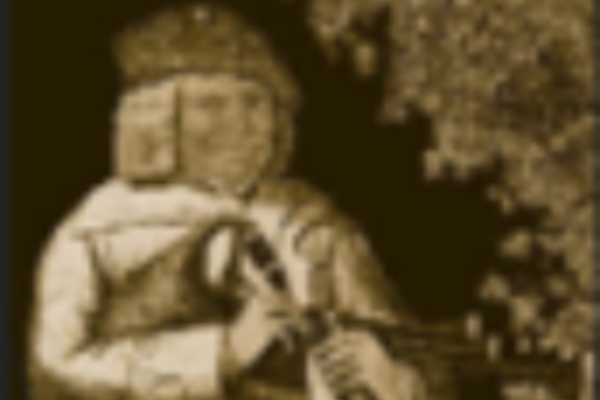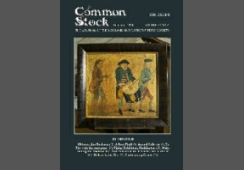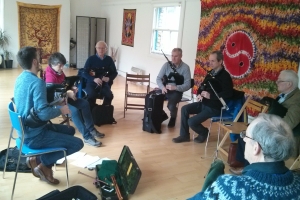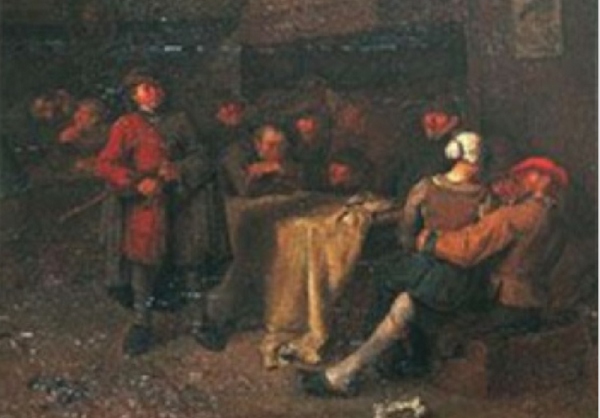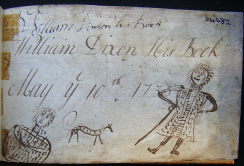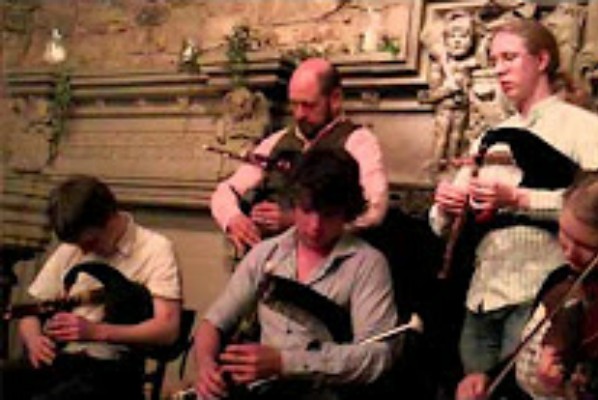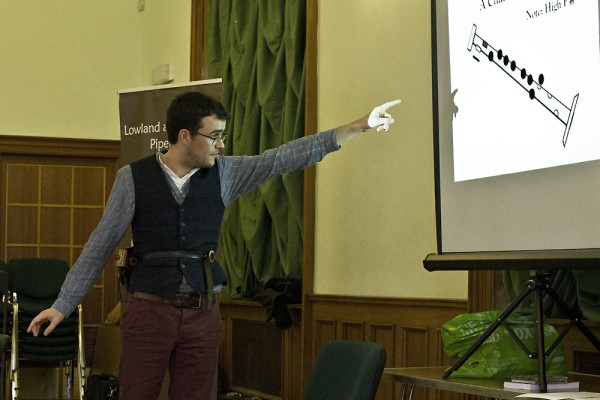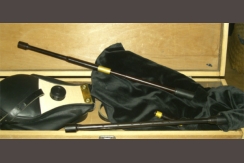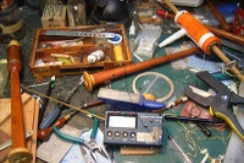An obscure tune from the early 18th century that survived only in the Shetland Islands
This tune first appears in Henry Atkinson’s fiddle manuscript around 1695. The bar lines are unhelpful but the 4/4 rhythm is easily reclaimed and confirmed by the more or less contemporary version in the Balcarress lute book, although the title there has been made more discreet, the compiler seemingly interpreting the old Highland welcome in the way Burns used it in The Merry Muses. Atkinson’s title remains intact in the later versions.
Across all the versions the tune remains outside the pipe range* but it bears so much that is typical of pipe tunes of the era, and tunes of the Scotch Measure type are so rare in the piper’s repertoire that the urge to claim it is irresistible. Several later versions can be found, two from the 1720’s and one from 20th century Shetland, each of which has its own characteristics, some of which I have adopted in my pipe version.
*I have left these tunes in their original keys

The ffarther be in the welcomer (Henry Atkinson MS. 1695, courtesy of The Newcastle Society of Antiquaries)

A transcription of Atkinson’s tune, from Music and Society in Early Modern England, Christopher Marsh
It’s interesting to note how subsequent versions oscillate between retaining Atkinson’s repeated notes at the end of each phrase and replacing them with full minims. The ‘ties’ Atkinson writes almost certainly indicate that both notes should be played without a change in bow-direction. Marsh, in his transcription, however, interprets these ties as minims. In preparing my pipe version I settled for minims. Although I’ve chosen to retain Atkinson’s key signature, all the later versions have C#s, so you’re welcome to take your pick; and if you come up with a different setting, Common Stock would be pleased to see it.
The survival of this tune in the tradition only in Shetland is not unique; ‘Welcome Home My Dearie’ is another example, and it would be interesting to explore this connection further. Presumably East Coast fishing has something to do with it.

The more discreet the wellcomer mr beck’s way (Balcarress Lute Book, 1695-1700)

The Farther Beein the Wellcomer (John Young, 1720)

The Farther Ben the Welcomer (Daniel Wright Aria di Camera 1727)

Da Farder Ben da Wylcomer (collected from John Stickle of Unst;
printed in Da Mirie Dancers)

The further ben the wellcomer mr stewart’s bagpipe way

